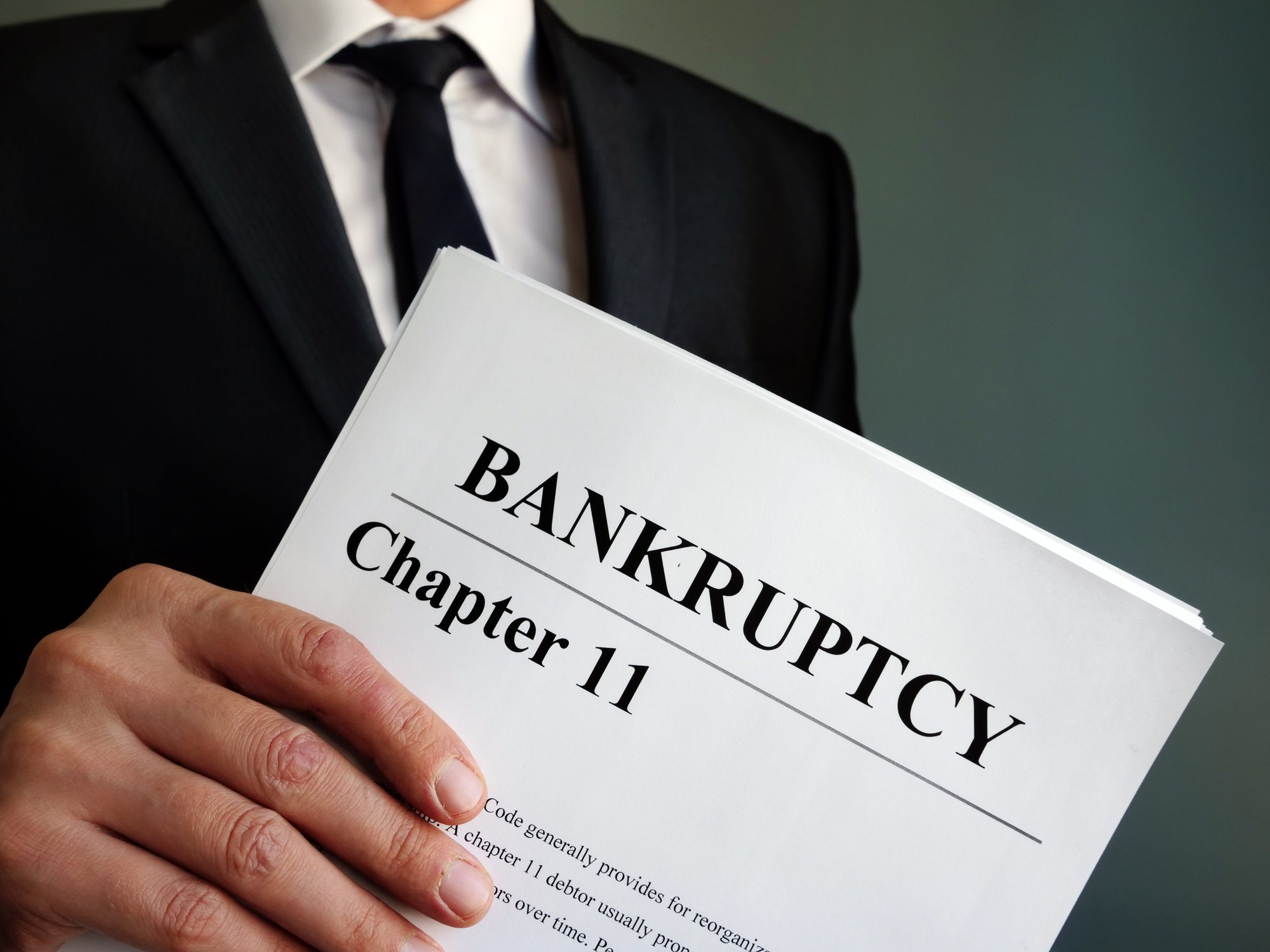Crestwood Equity Partners (CEQP +0.00%) finally hit a long-awaited inflection point during the third quarter as its cash flow soared. That's the beginning of the payoff for the energy company's three-year, $1 billion expansion program, which is starting to drive accelerated volume growth across its systems. That trend should carry over into 2020, which has it on pace to generate a gusher of cash flow through the next year.
The MLP's accelerating growth rate had investors bidding up its units earlier this year. At one point, its unit price was up almost 40%. However, it has come well off that high and is currently only up about 14% this year, even though its cash flow has surged more than 35% through the third quarter. That recent sell-off has made it a more attractive buy, which is why I recently added to my position.

Image source: Getty Images.
Drilling down into Crestwood's recent sell-off
Crestwood's recent decline largely coincides with news that one of its top customers, oil and gas driller Chesapeake Energy (CHK +0.00%), is once again in some financial trouble. Chesapeake's stock started cratering in early November after it posted its third-quarter results.
Not only did the company post a steeper-than-expected loss, but it also warned that it might not remain in compliance with its lenders on its leverage ratio covenant next year, given where oil and gas prices are these days. Because of that, the company plans to cut its spending level, which will cause it to drill fewer wells.
That's not the greatest news for Crestwood Equity Partners, since Chesapeake is the main customer on its Jackalope natural gas gathering and processing system in the Powder River Basin -- it acquired full control of it earlier this year. The company is currently building a second natural gas processing plant, as well as expanding its gathering pipeline network to support Chesapeake's growth. Given Chesapeake's decision to slow its activity level next year, it will likely impact Crestwood's volumes on Jackalope.
Of even greater concern is that Chesapeake's financial situation could deteriorate to the point where it would need to file for bankruptcy protection in a worst-case scenario. If that were to happen, it might force Crestwood to renegotiate its rates on Jackalope, which could significantly impact its cash flow since those assets contributed 15% of its gathering volumes last quarter.
Not as big a deal as it might seem
While a bankruptcy filing from Chesapeake is possible, it seems unlikely because the company could ask its banks for more breathing room on its debt covenants. Further, its focus in the near term is to work on reducing its debt level, with it reportedly near a deal to sell its Haynesville shale assets for around $1 billion.
That sale would go a long way toward helping Chesapeake improve its financial situation. Because of that, the company's issues likely won't have much impact on Crestwood in the near term, especially since Chesapeake's current contracts require it to pay a minimum revenue guarantee on Jackalope, whether or not it uses the capacity on that system.
As such, the company's expected activity slowdown next year won't have much impact on Crestwood's growth. Further, the MLP is working to bring additional customers into this system to help reduce its dependence on Chesapeake.
Crestwood remains on track with its outlook that it will deliver accelerated earnings and cash flow growth for the next several quarters as it benefits from expansions at Jackalope, as well as its systems in the Bakken Shale and Delaware Basin. Meanwhile, with the buildout of those systems largely complete, Crestwood's capital spending will come down next year. That has it on pace to produce significant free cash flow after paying its current distribution to investors, which yields 7.5%.
The company will likely use some of that excess cash to boost its payout. Meanwhile, it could return even more money to investors by repurchasing some of its units. That's a much more attractive option these days, given the slide in the company's unit price as a result of Chesapeake's financial issues. This combination of fast-growing earnings, a rising payout, and a potentially value-creating buyback could give Crestwood the fuel to generate strong total returns next year.
A good time to add
Crestwood's expansion plan is starting to deliver results, which has it set up to produce a lot of cash next year. Because of that, it's high-yielding payout is on an even firmer foundation. That's why I'm taking advantage of this recent Chesapeake-driven sell-off to boost my position, so that I can further benefit from the upside that appears to be ahead in 2020 and beyond.






